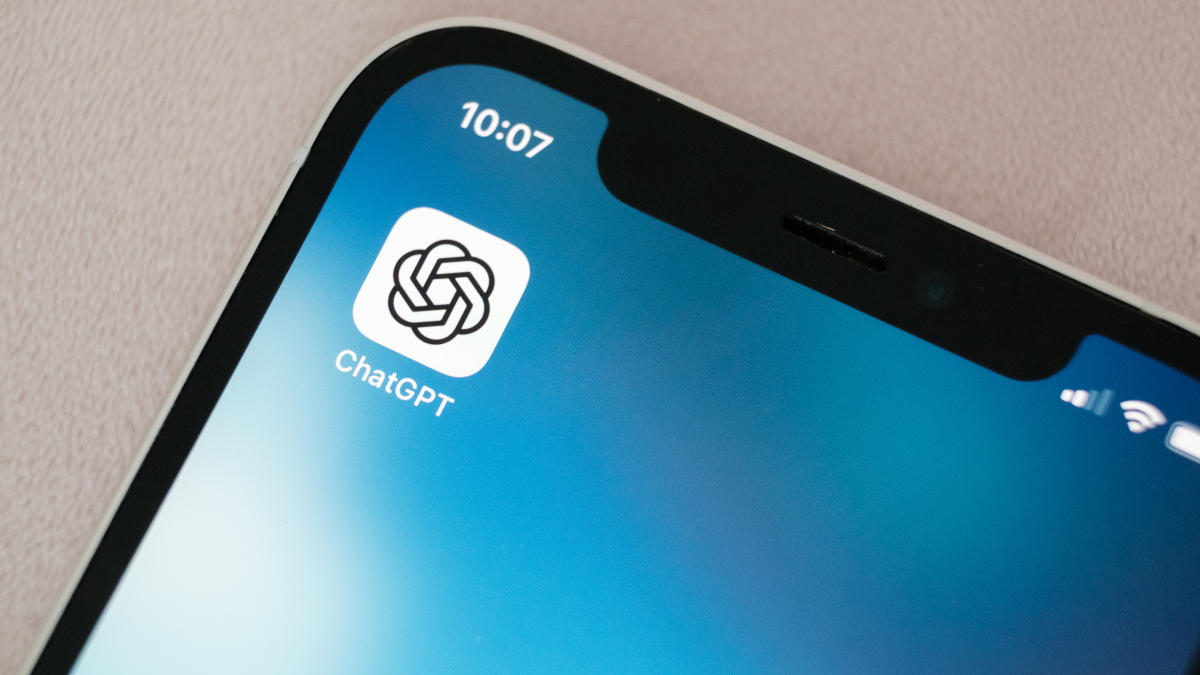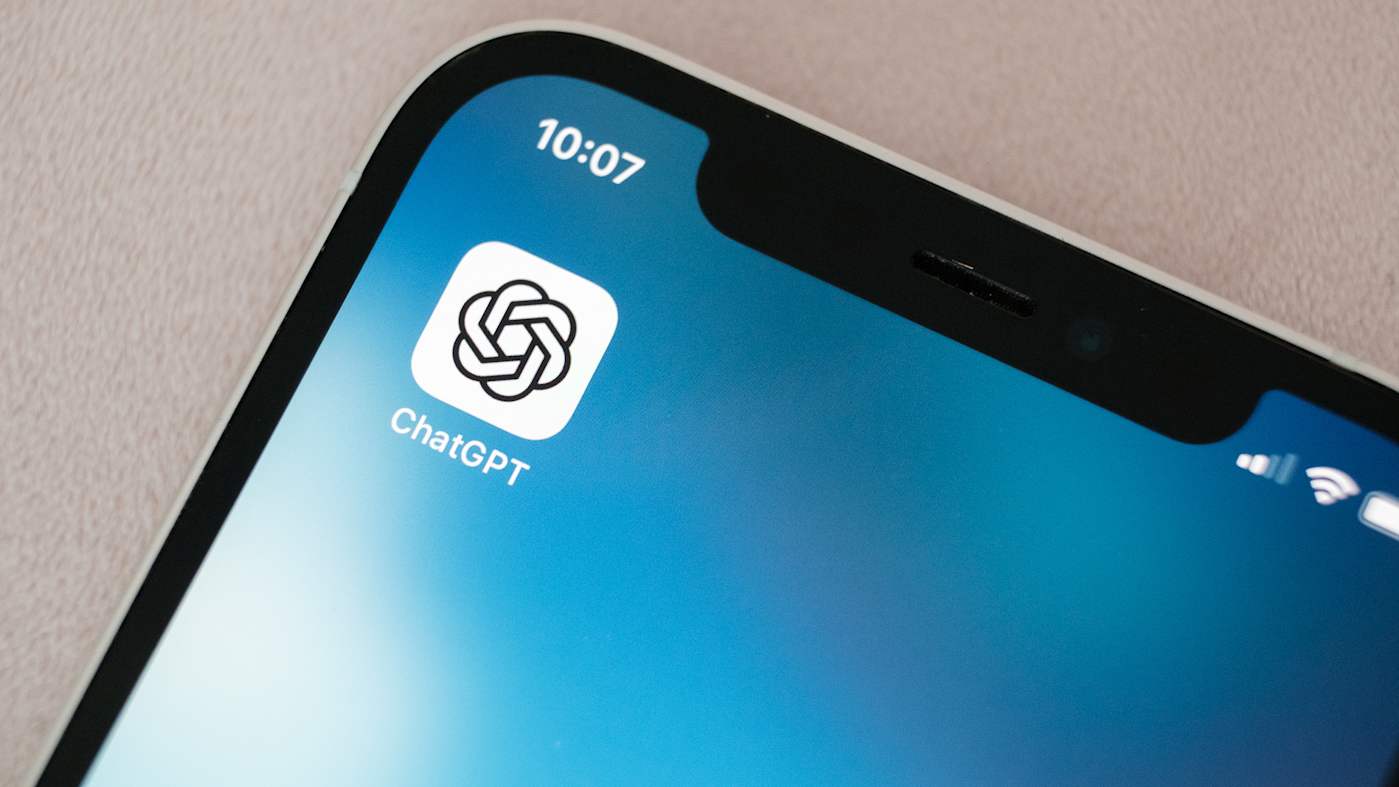Key Points
- OpenAI will launch parental controls for ChatGPT within the next month.
- Parents can link accounts, set response limits, and disable memory and chat history.
- Automated alerts will trigger if a teen is detected in acute distress.
- A real‑time router will funnel sensitive chats through specially trained reasoning models.
- The rollout follows a wrongful‑death lawsuit alleging harmful advice was given to a teen.
- OpenAI cites a broader safety initiative, including expert collaboration on adolescent health.

New Parental Controls for Teen Users
OpenAI announced that it will release parental controls for ChatGPT within the next month, according to a company statement made on Tuesday. The controls allow parents to link their personal ChatGPT account with the accounts of their teenage children. Once linked, parents can decide how the chatbot responds to their kids and can disable specific features, including the model’s memory function and chat history storage. In addition, the system is designed to generate automated alerts when it detects a teen is experiencing a “moment of acute distress,” providing an extra layer of protection.
Broader Safety Enhancements
The parental‑control launch is part of a broader safety effort by OpenAI. The company introduced a new real‑time router that routes sensitive conversations through its reasoning models. These models, trained with a method called deliberative alignment, are said to follow safety guidelines more consistently and resist adversarial prompts. When the system detects that a user may be in distress, the conversation is automatically directed through the reasoning model regardless of the model the user selected initially.
Context of Legal Actions
The announcement comes after OpenAI faced a wrongful‑death lawsuit, the first known suit of its kind against an AI company. The plaintiffs allege that ChatGPT was aware of multiple failed suicide attempts by a teen and provided detailed instructions for self‑harm. While OpenAI has not commented on the specifics of the case, the company emphasized that the new safety features, including parental controls and the real‑time router, are intended to prevent such outcomes in the future.
Future Safety Roadmap
OpenAI indicated that the parental controls are one of several safety improvements planned for the coming months. The company also said it will continue working with experts in adolescent health, eating disorders, and substance use to fine‑tune its models. OpenAI’s broader safety roadmap includes additional features aimed at improving trust between users and the AI, as well as proactive previews of upcoming safety updates.
Source: engadget.com
